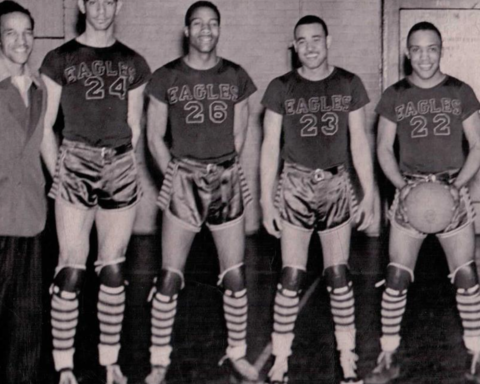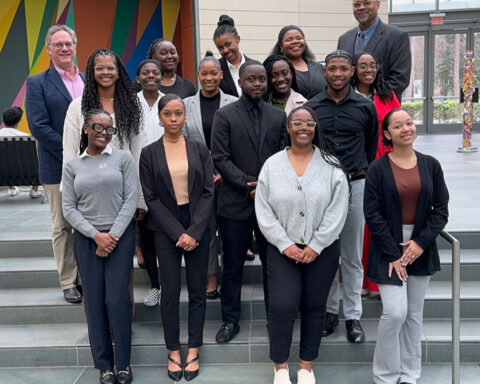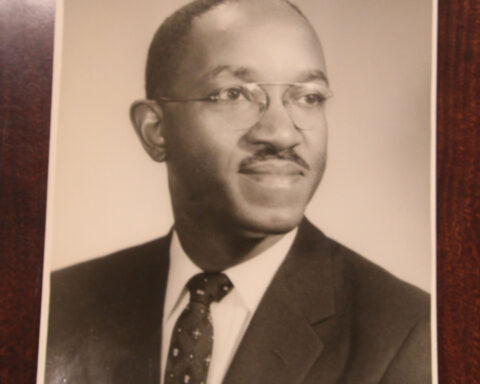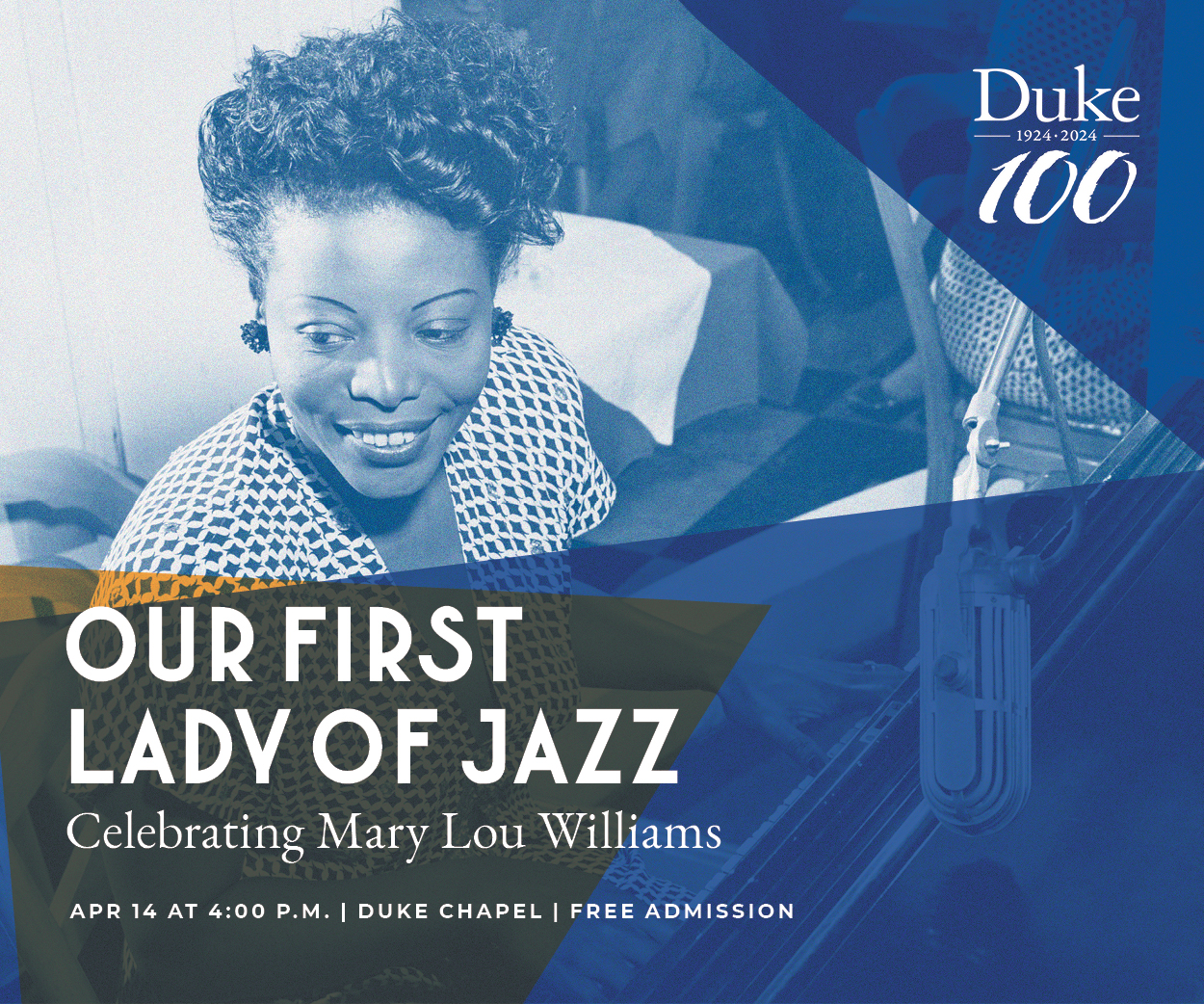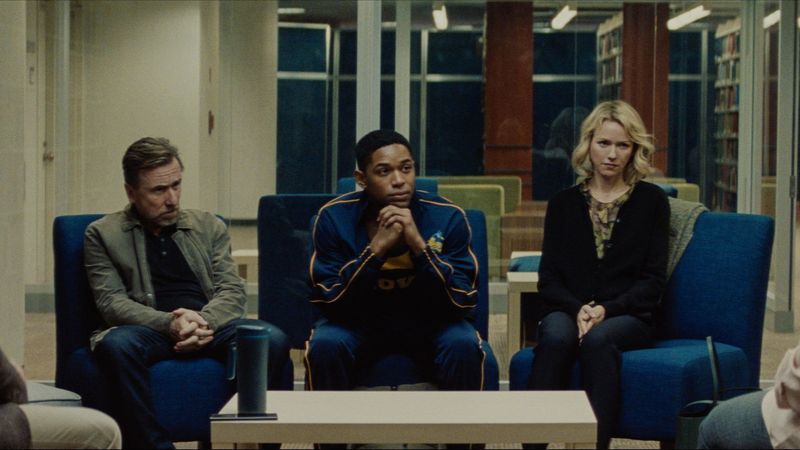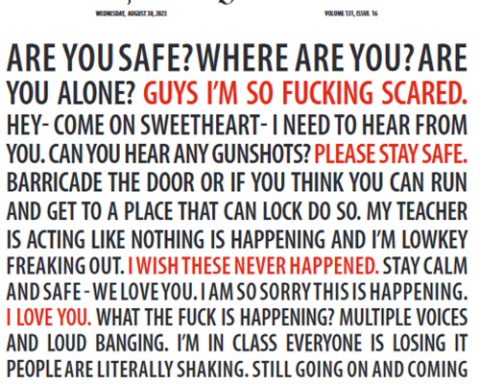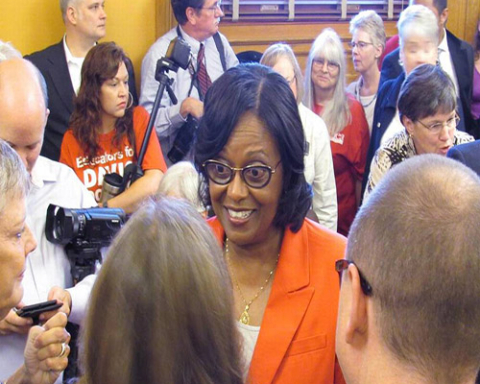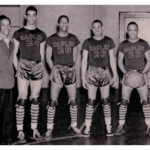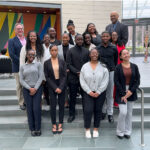Duke University has a problem with race. It might be a deep-rooted issue. It certainly has become a frequent one.
Late Sunday, a Duke administrator who advises graduate students stepped down after sending an email Friday advising students not to speak Chinese on campus. That administrator, Megan Neely, mentioned two other unnamed professors in her email who had privately criticized a pair of Chinese students for not speaking English. Neely apparently thought she was looking out for those students and others with her email. It was a poor choice.
The dean of Duke’s medical school has apologized for Neely’s email, and another Duke administrator said the school will examine the issues Neely raised. “We believe a global school should reflect the languages and cultures of its students,” said Duke VP and university spokesman Michael Schoenfeld. It was a textbook response — and an appropriate one.
But at Duke, it’s also become a well-practiced exercise in crisis management.
Last August, a racial slur was written on a sign outside Duke’s Center for Black Culture. Last April, a Duke administrator complained about rap music being played at a campus coffee shop, causing two baristas to be fired. That administrator, Larry Moneta, had previously come under fire for equating the destruction of a Confederate monument in Durham to vandalism of a Holocaust Museum.
In 2017, a Duke professor resigned after attacking a colleague’s suggestion of racial equity training, calling it “a waste.” In 2015, university officials condemned a professor for controversial comments about race to the New York Times. Also in 2015, a Duke fraternity was suspended by its national organization following an Asian-themed party that mocked the culture.
Duke is far from the only school to face bouts of racial insensitivity and ugliness, but what’s most troubling is how many of those Duke incidents involve faculty and administrators. It’s a signal perhaps of a deeper issue, an institutionalized racism that manifests itself not only in incidents that are easy to condemn, but in less overt behaviors that can be far more destructive. An example: In 2017, the dean of Duke Divinity School acknowledged that students may have been subject to racial insensitivity and unequal treatment from faculty.
Duke, for its part, appears aware of its issues. The school has consistently struck the right notes in condemning racist incidents and cultural insensitivity. It has invited campus speakers to discuss implicit bias and institutionalized racism, and it has encouraged such conversations not only on campus, but in the community.
This also is true: Duke’s campus has rapidly become more diverse in the 21st century, and what the school is experiencing is the kind of evolution that many organizations and institutions face when they become, to be frank, less white. That doesn’t mean, however, that Duke should be content to let such change come organically. Leadership should explore the root of this run of incidents, and at the least, mandate comprehensive equity and cultural competency training for administrators and faculty. Duke has a problem with race. It might be deep-rooted. It needs to be thoroughly addressed.
Story by the Observer Editorial Board
Charlotte Observer (Tribune News Service)


